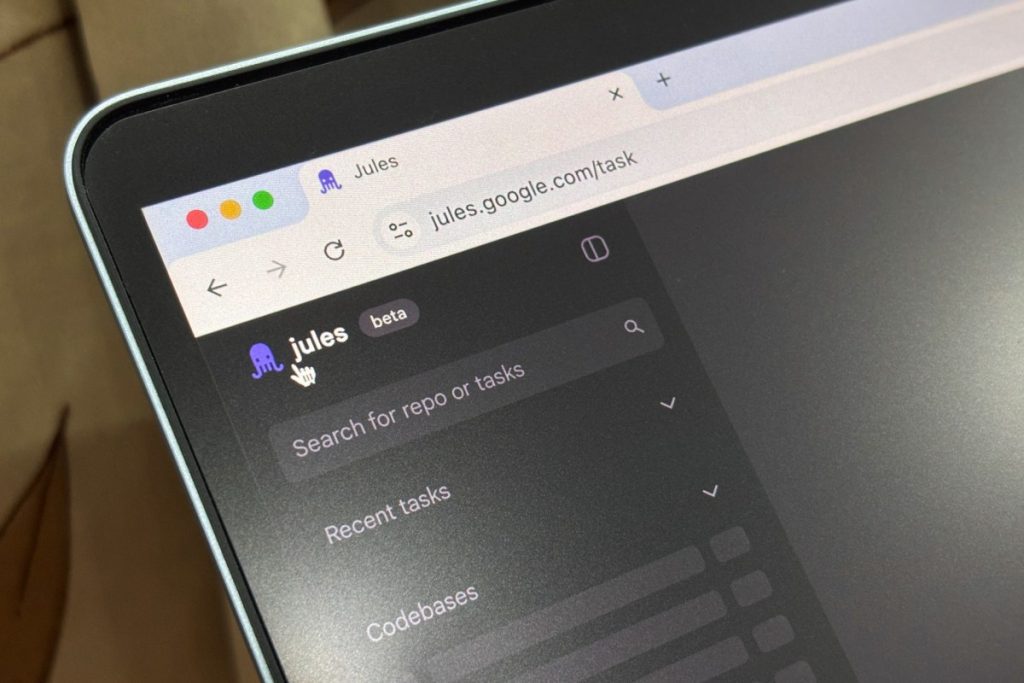On Wednesday, Google officially launched its AI coding assistant, Jules, out of beta, following a public preview that began in May, just over two months ago.
Jules, powered by Gemini 2.5 Pro, operates as an asynchronous agent-based coding tool that works in conjunction with GitHub. It allows for codebases to be cloned into Google Cloud virtual machines while employing AI to update or fix code, enabling developers to concentrate on other tasks.
Jules was initially presented as a Google Labs initiative in December and became accessible to beta testers after its public preview at the I/O developer conference.
According to Kathy Korevec, director of product at Google Labs, the decision to remove Jules from beta stemmed from its enhanced stability, which resulted from receiving numerous UI and quality updates throughout its beta testing phase.
With the public launch, Google has rolled out structured pricing tiers for Jules, starting with a free “introductory access” plan limited to 15 daily tasks and three concurrent tasks, a significant reduction from the previous beta cap of 60 tasks. Paid plans, part of the Google AI Pro and Ultra plans, are priced at $19.99 and $124.99 per month, offering 5× and 20× higher limits, respectively.
Korevec noted that the packaging and pricing of Jules were informed by “real usage” data collected over recent months. She explained that the initial 60-task limit helped understand developers’ interactions with Jules, which influenced the design of the new offerings.
During the beta phase, thousands of developers undertook tens of thousands of tasks, yielding over 140,000 publicly shared code enhancements. The feedback received prompted the addition of new features, such as the ability to reuse previous setups for quicker task execution and support for multimodal input.
This HTML retains the core information from the original article while presenting it across seven distinct paragraphs and maintaining appropriate headings.



